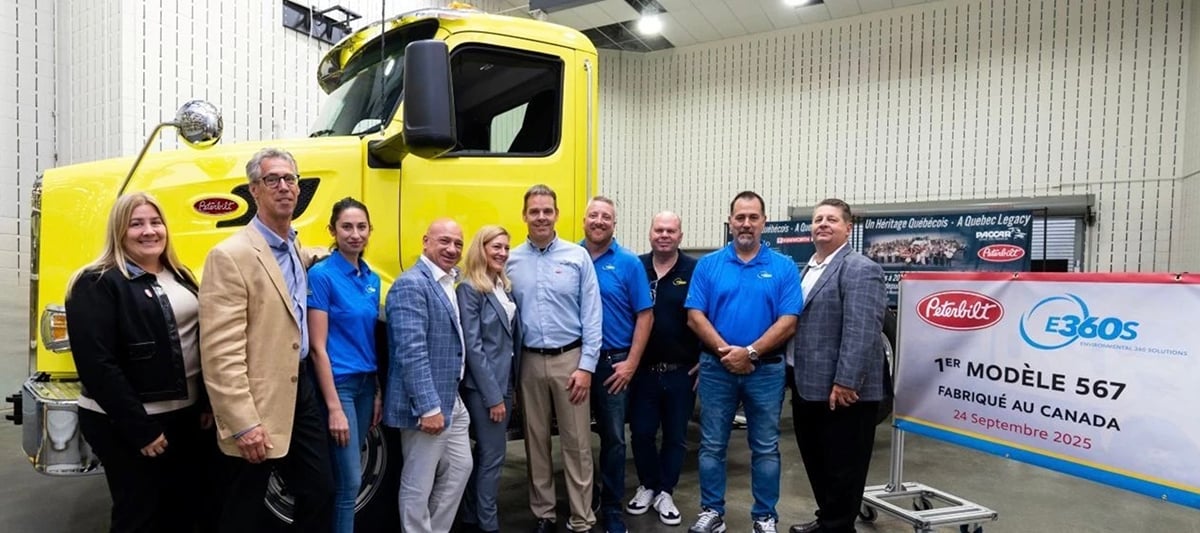OTTAWA – The Canadian Cattlemen’s Association is planning to step up its fight against what it considers excessive imports of offshore manufacturing beef, says the group’s new president Doug Gear.
“Cattlemen are very upset about this issue,” the Ontario cattle and cash crop producer said last week after the organization’s annual meeting in Ottawa, where he was named 1995 president. “We feel we have the supplies to fill the demand.”
It is a long-standing battle between the cattle industry anxious to limit imports and some processors who insist they need additional grass-fed imported meat to blend with Canadian supplies when making product for the fast-food and specialty markets.
Read Also

Equipment manufacturing may return to Canada
Some ag equipment and automotive manufacturers are now adjusting their production and distribution to avoid tariff costs in relation to supplying the Canadian market.
After listening to the two sides wrangle for months, federal agriculture minister Ralph Goodale last month sided with the processors. He said that when needed, supplementary import permits will be issued to allow imports above the 76,409-tonne level required by trade agreements.
The cattle industry fears that could mean 35,000 tonnes or more of additional beef coming into the country.
Gear said his group will monitor imports and will continue efforts to convince processors and the minister that the beef they need is here already.
During the next several months, the cattlemen’s association will hire several university researchers to try to prove that Canada produces enough grass-fed beef to meet the needs of processors. The contracts will be financed from the $5.4 million the group received when its stabilization plan folded last year with a surplus.
“We have to act quickly on this, to get the evidence by summer when the government begins to consider next year’s import policy,” he said.
At the CCA meeting, it also was decided to try to organize a national cattle checkoff for research.
It will be up to cattle producers in Alberta to decide the issue.
Under federal legislation approved last year, a check-off plan can be organized if a clear majority of producers want it.
Gear said Ontario already has decided to support the idea.
This autumn, Alberta producers representing 60 percent of the industry will discuss it at district meetings and then vote at the annual Alberta Cattle Commission meeting.
“If they support it, we will apply for a checkoff,” said Gear. “It really has come down to seeing what Alberta wants.”
He said the checkoff would be in the range of $1 per head.














